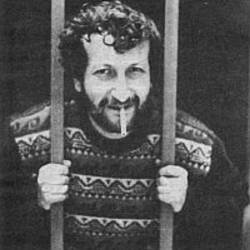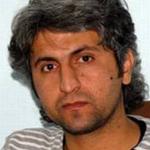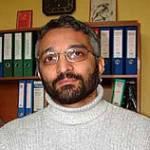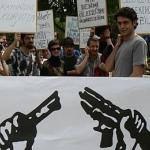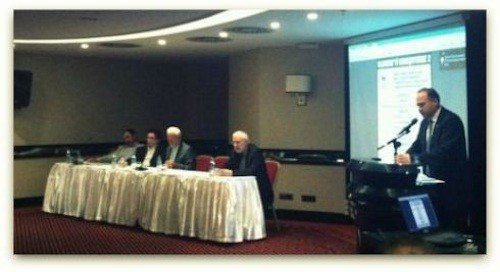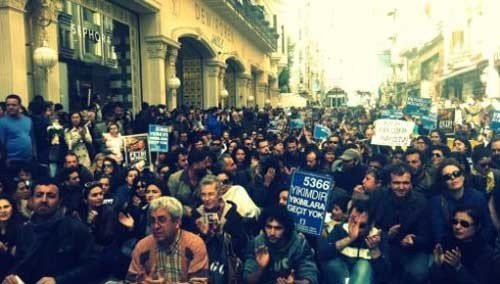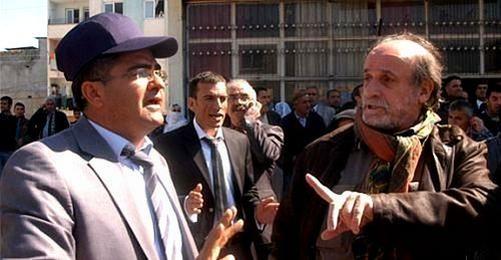On Tuesday (22 November), Prime Minister Recep Tayyip Erdoğan announced the conditions of shortened military service through payment. Males 30 years of age or older will soon be entitled to apply for paid military service. They will have to pay TL 30,000 (€13,000) and will not receive basic military training.
People who have lived abroad for at least three years will be able to benefit from paid military service by paying € 10,000. They will be exempt from basic military training and are not dependent on any age limit. The regulation will go into force once it will have been published in the Official Gazette.
Erdoğan also mentioned conscientious objection and said that this issue was not on the government's agenda.
However, on the very same day, the European Court of Human Rights (ECHR) declared a landmark ruling on conscientious objection in Turkey. For the first time, the Turkish government was sentenced on the grounds of the right to conscientious objection.
"Turkey violated Article 9"
The ECHR found the Turkish government guilty of a breach of Article 9 of the European Convention on Human Rights regarding the right to freedom of thought, conscience and religion. The decision came upon the application of Yunus Erçep filed in 2004.
"The European Court of Human Rights held, unanimously, that there had been: A violation of Article 9 (right to freedom of thought, conscience and religion) of the European Convention on Human Rights and, a violation of Article 6 (right to a fair trial) of the Convention. The case concerned the refusal by the applicant, a Jehovah's Witness and conscientious objector, to perform military service for reasons of conscience".
"Under Article 41 (just satisfaction) of the Convention, the Court held that Turkey was to pay the applicant 10,000 euros (EUR) in respect of non-pecuniary damage and EUR 5,000 in respect of costs and expenses.
ECHR reminded that "conscientious objection" is a right
Ercep's lawyer Tülin Alsanacak told bianet, "The European court gave a very clear decision. With this decision the court told Turkey that conscientious objection is a right".
* The ECHR reasoned: "The absence of an alternative to military service in Turkey is in breach of the right to conscientious objection."
* The Court considered that that situation of conscientious objectors in Turkey, e.g. prosecution, criminal proceedings and "civil death", was not compatible with law enforcement in a democratic society.
The Turkish government again said in their defence that the right right to freedom of religion and conscience was not going to be applied to conscientious objection, lawyer Alsanacak said. However, the court referred to the new case law related to the recent conviction of the Armenian government under Article 9 of the convention. The court emphasized that today's social needs had different requirements, the lawyer explained.
First Armenia, now Turkey
Armenia was the first country to be found guilty by the ECHR of a violation of Article 9 of the convention. In this context, the Armenian government was sentenced to pay a compensation fine to applicant Vahan Bayatyan in July 2011.
This ruling was assessed as a "historic" verdict. Lawyers commented the decision as the "new case law". Legal experts said that the ruling was going to set a precedent for Turkey and that it clearly expressed the ECHR's view on conscientious objection.
Yunus Erçep
Erçep was born in 1969. He is a Jehovah's Witness and was baptised in 1982. According to the belief that is being shared by seven million people in the world, the Jehovah's Witnesses refuse military service and blood transfusion; they do not participate in any war or politics.
Erçep faced 25 trials since 1998 because he refused to serve in the military. He had to undergo a psychiatric examination to determine whether his mental condition was balanced. The result was that Erçep was "healthy".
Erçep received several prison sentences on the grounds of his conscientious objection. He was tried a military court. (IC/VK)
Source: ECHR






